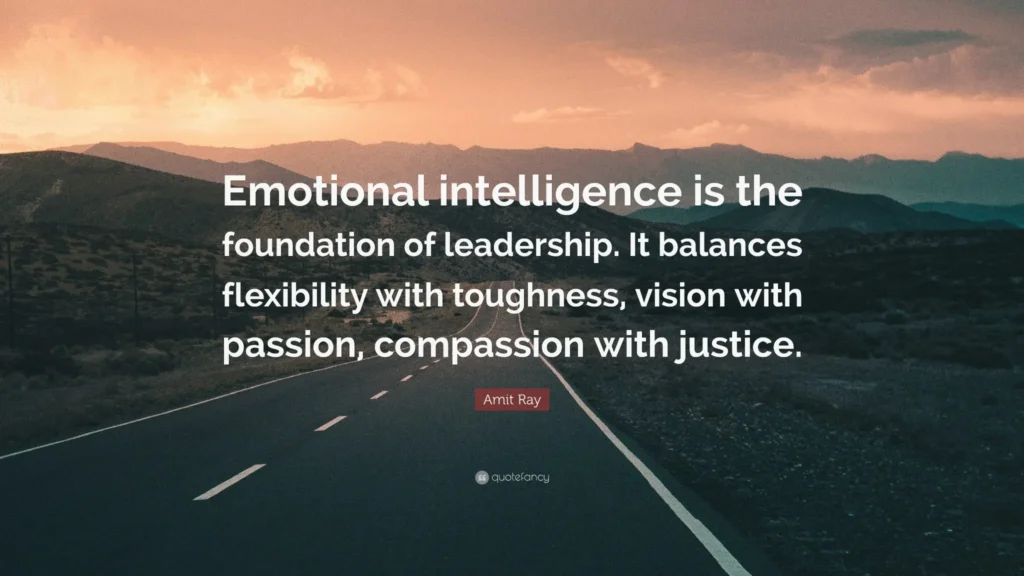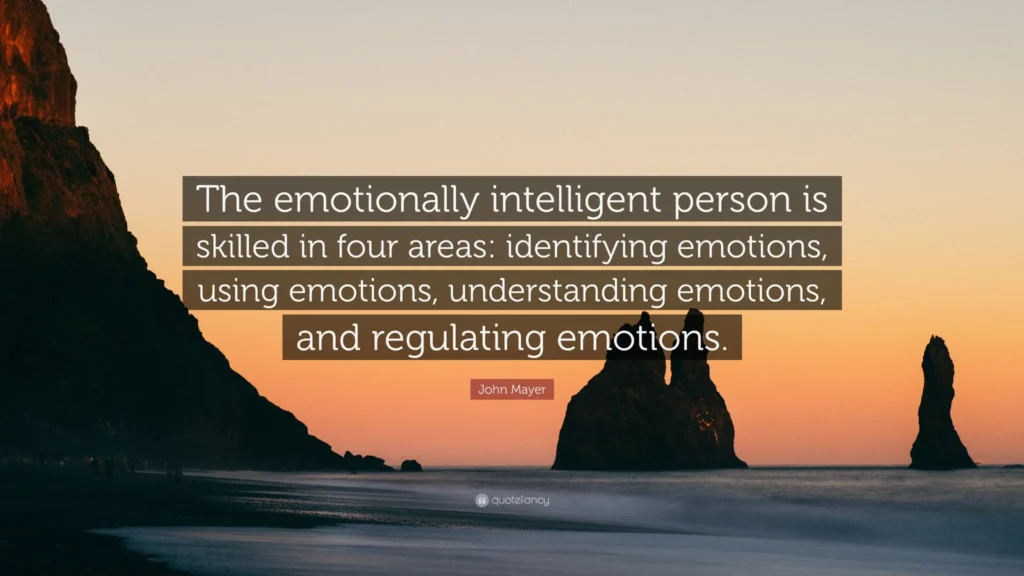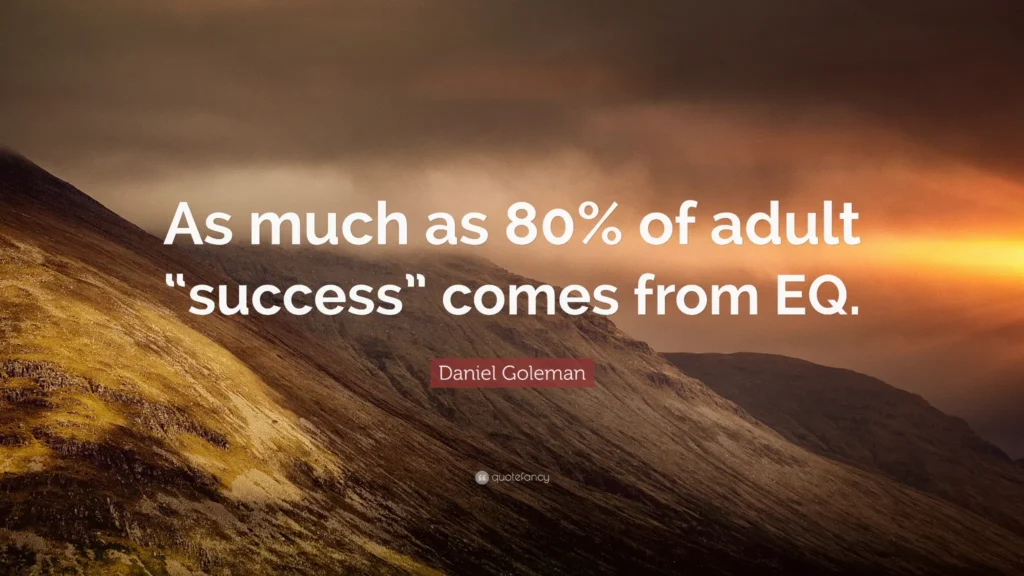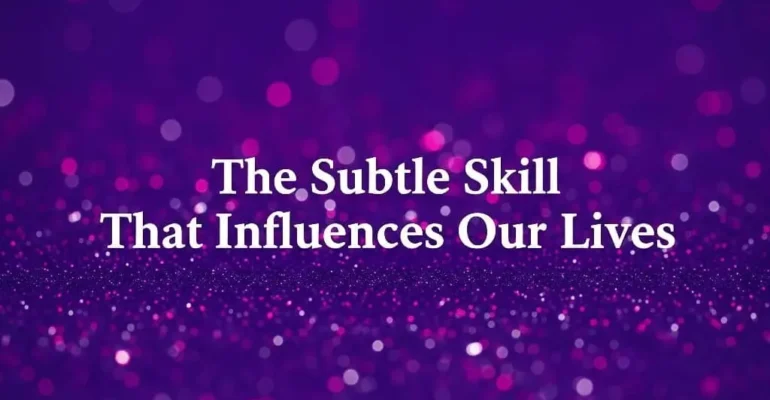EQ: The Subtle Skill That Influences Our Lives
June 12, 2025 2025-06-12 11:19EQ: The Subtle Skill That Influences Our Lives
Everyone notices when someone’s good at maths or scores high on tests. That kind of intelligence is easy to measure. But there’s another kind that often gets overlooked—emotional intelligence, or EQ. This is the skill of understanding feelings—your own and other people’s—and knowing how to deal with them in the right way.
What Is Emotional Intelligence?
Emotional intelligence is your ability to recognise, understand, and manage your own emotions. It also means being aware of how others feel, and being able to respond in a way that respects them. It’s the difference between shouting back when you’re angry or taking a breath and walking away. It’s noticing someone having a bad day without them needing to say it.
This skill isn’t something you’re born with. It can be learned. In fact, most of us are already learning it every day—through conversations, arguments, disappointments, and even happy moments.
Why It Matters in Your Career
In a workplace, your ability to do your job is only one part of the picture. How you deal with people makes a big difference. If you can manage stress, stay calm when things go wrong, or handle a tough conversation without losing your cool, people will trust you more. Managers often look for people who not only get the work done, but also get along with others.

People with strong emotional intelligence tend to do better in leadership roles. They can read the room, adjust their tone, and communicate without making others feel small. They’re more likely to handle criticism without falling apart, and they can learn from it. Over time, this leads to better teamwork, higher chances of promotion, and more respect from those around you.
Personal Growth Starts With Self-Awareness
When you eventually come to terms with what triggers you emotionally, you begin to understand yourself better. Maybe you get upset when plans change suddenly, or you shut down during conflict. Whatever it is, emotional intelligence helps you spot those patterns. Once you see them, you can slowly work on them.

The fact of the matter is you don’t have to fake being calm. You just need to be real with yourself and ask questions like, “Why am I feeling like this?” or “Is this reaction helping me, or just making things harder?”
The more we understand our emotions, the easier it becomes to set boundaries, form healthy relationships, and make wise decisions. After all, no decision has to be made from a place of fear or frustration.
Your Mindset InfluencesYour Emotions
The way we think about life affects how we feel. If you always expect things to go wrong, you’re more likely to feel tense, bitter, or defensive. That mindset feeds your emotions and makes them stronger. Soon, your emotions begin to take over. You might snap at people, blame others, or avoid situations just to stay comfortable.
Without realising it, you become a passenger in your own life. Your emotions start calling the shots.
But if you train your mind to take a step back, ask questions from a curiosity standpoint—even in tough times—you start to take back control. You can feel something strongly and still make a smart decision. That’s the strength emotional intelligence gives you.
Don’t Let Emotions Run the Show
Everyone has emotions. That’s normal. But when they take control, we sometimes say or do things we wish we hadn’t. Emotional intelligence helps us pause and breathe before we act. We still feel everything—we just learn to respond with more care instead of acting on impulse.

This habit doesn’t come overnight. It takes time, awareness, and practice. But once you begin, you’ll notice a shift—not just in your mood, but in how people respond to you.
Conclusion
Emotional intelligence isn’t some fancy theory. It’s part of everyday life—how you speak, how you listen, and how you deal with yourself when things get messy. Whether you’re in school, at work, or just going through life, learning to handle your emotions will always be one of the best things you’ve done to yourself..
It won’t stop you from feeling things. But it will help you handle those feelings in a way that brings peace, not damage.
Contact:
IBSU Media Team
IBSUniversity
PO Box 5181, Boroko, NCD,
Papua New Guinea
M: +675 7028 8030 | 7411 4100
Editing & Narrative Direction: IBSU Communication & Creative Solutions Specialist
Disclaimer: This blog article is written from a general psychological viewpoint and is meant for educational purposes only. If you’re struggling with your mental health or emotions, it’s important to speak with a licensed professional.







